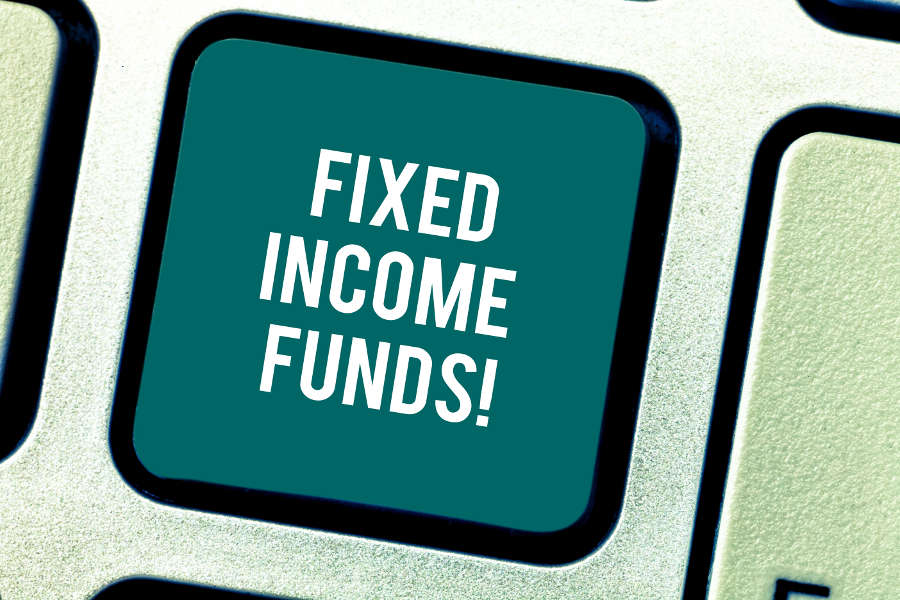I WANT
RELATED LINKS
I WANT
RELATED LINKS
RELATES LINKS
I WANT
RELATES LINKS
Services
Related Links
Use and Management of Cookies
We use cookies and other similar technologies on our website to enhance your browsing experience. For more information, please visit our Cookies Notice.
- Personal Banking
- Stories & Tips
- Grow Your Wealth
- When bond funds are taxed 15%, what should be invested next?
- Personal Banking
- ...
- When bond funds are taxed 15%, what should be invested next?
When bond funds are taxed 15%, what should be invested next?
20-08-2019
Since the government announced the income tax collection policy from investment in debt through mutual funds in May 2019, the tax burden from investment in debt through mutual funds equal to investing directly in debt securities. This resulted in a lower return on investment in the Fixed Income Fund which will be effective from 20 August 2019 onwards. Investors who have previously invested in fixed income funds or those who are interested in investing in fixed income funds may ask then what do we do next? What investment options will be available? This article has answers.
First, let's see what funds will be affected by this tax. The fund that is affected is the fund that has direct investment in debt, either the money market fund, the Bond Fund, and Fixed Income Funds (Term Fund). In addition, the interest of other types of funds such as mixed funds or stock funds that have invested in debt securities will also be deducted withholding tax.
Fixed Income Fund (Term Fund) invested in foreign debt securities will also be charged a 15% tax. If the country of origin has already collected more than 15% of the interest income, the mutual fund will not have to pay an additional tax to the Revenue Department. But if the charging is less than 15% of the interest or not collected at all, the mutual fund must pay the tax to the Revenue Department so that it will not be double taxation.

There are 2 groups of funds that are not affected by the taxation of interest on debt securities, as follows:
- Retirement-related funds include Provident Fund (PVD), Retirement Mutual Fund (RMF), and RMF for PVD)
- Foreign funds invested through the Master Fund are foreign investment funds (FIF) that invest only one foreign fund in a foreign fund, called the Master Fund, such as mutual funds. FIF X invests in only one of Y's overseas funds. The mutual fund Y will have an overseas fund manager to look after and manage the money which may be invested in other mutual funds or various financial products in accordance with the investment policy specified
In addition, the Fixed Income Fund, which has been announced for sale before 20 August 2019, will not be affected by the taxation of debt securities. Investors still receive the expected return as stated in the prospectus. As for those who invest in money market funds Fixed income funds, mixed funds, and other funds have invested in debt securities. The interest of these funds will gradually be deducted withholding tax according to the initial investment in the funds of those funds. Therefore, during the time the law is in effect Fund returns will not decrease immediately but will gradually decrease as a new round of debt securities investment after 20 Aug 62.
Other investment guidelines can consider the ability to accept risks as follows
- For those who are not at high risk and is investing in a fixed income, the fund may consider investing in debt securities through provident funds or Retirement Mutual Funds
- For those who accept higher risks, there may be investment diversification into other assets such as high dividend stocks, mutual funds, stocks. Infrastructure Fund Real Estate Investment Trust, REITs

Therefore, investment advice is that investors should compare the rate of return on investments in assets with similar risks, such as bank deposits or fixed deposits and government bonds. It is also found that investing in fixed income funds still provides higher returns Even if the withholding tax has been deducted.
In addition, if investors are creating long-term investment portfolios for retirement, we recommend investing in debt securities through provident funds or EMFs that invest in debt securities instead. But if they want to rest the money or prefer a short-term investment, they can still invest in fixed income funds even though the return on investment in the Fixed Income Fund will decrease. And if investors can take higher risks, they may consider diversifying the investment to other assets. However, do not forget to consider the investment goals Investment period and their acceptable risk levels always support investment decisions.
By Nipapun Poonsathianrasap CFP
Independent Financial Advisor, Writer, and Lecturer.
